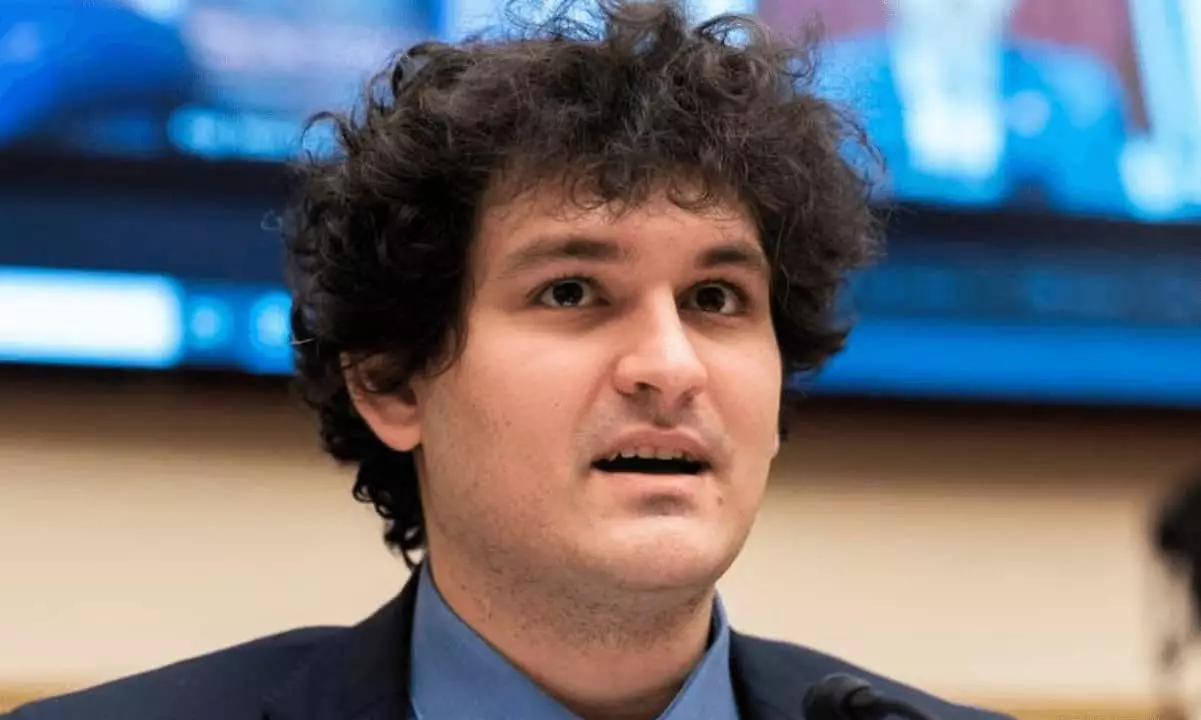In the chaotic aftermath of the FTX collapse, Sam Bankman-Fried (SBF) has emerged not just as a public figure under scrutiny but as a lesson in failure for crisis management. His recent unprecedented prison interview with Tucker Carlson—documented on his 33rd birthday—has reignited questions about the soundness of his public relations strategies. A staggering development in this tale of hubris is the resignation of his PR strategist, Mark Botnick, who claimed he was completely blindsided by the interview. To see a seasoned strategist, one with credentials linked to former New York City Mayor Michael Bloomberg, resign out of sheer disbelief is truly telling.
The unpredictability of SBF could be the linchpin causing cascading fallout within his media façade. Botnick’s statement, “I no longer represent SBF,” signifies not just a personal betrayal but underscores the volatile nature of engaging with a persona seemingly driven more by impulse than strategy. This scenario should serve as a glaring reminder for anyone engaged in public relations: the importance of management over mere representation.
A Distorted Version of Innocence
During the interview, Bankman-Fried attempted to parade an image of moral righteousness, claiming he “wasn’t a criminal.” The hubris displayed in such a statement feels like a risky PR gamble. By positioning himself as a misunderstood genius rather than a disgraced leader, he seems to underestimate not only public sentiment but also the significant repercussions of his past decisions. Such narratives are far removed from the realities of his situation—a 25-year prison sentence that acts as a profound critique of his judgment.
Is this the narrative a cunning strategist would propagate? Perhaps not. It raises eyebrows when Bankman-Fried invokes claims of innocence, suggesting a fundamental disconnect from public opinion and legal reality. This scenario evokes an urgent need for greater humility in the face of self-inflicted disaster.
The Truth About Political Pivots
Sam Bankman-Fried’s political maneuvering is compelling, albeit unsettling. Once a major donor to the Democratic Party, his latest shift toward pro-Trump sentiments reveals a calculative attempt to gain favor in unexpected spheres. By condemning figures like President Biden and former SEC Chair Gary Gensler, SBF appears to be not just vocalizing grievances but is instead strategically realigning himself for personal gain.
This raises a salient question: Is SBF genuinely motivated by political beliefs, or is he merely seeking a lifeline in a turbulent sea, banking on the prospect of a Trump pardon? The specter of a GOP connection looms large, compelling his parents to lobby for clemency. This new awareness of the shifting political tides reveals a disturbing trend in which ethical lines blur, reflecting a precarious sense of survivalism.
The Dangers of Misguided Public Perception
From engaging in social media outbursts to unsolicited commentary on political issues, SBF’s latest prison reflections seem less like meaningful insights and more like self-destructive rants. Observing his public persona degrade while serving time for financial crimes only serves to reconstruct a problematic narrative—a tale tinged with privilege and denial. It’s painfully ironic that while advising on politics from behind bars, he fails to grasp the distinct lack of credibility and empathy the public associates with such actions.
The fundamental flaw lies in his perception of reality and the expectations he has of those who follow his story. The sympathy he suggests towards fellow inmates like Sean Combs only further obfuscates the grim reality of his situation, making him appear detached and out of touch. A more nuanced understanding of public sentiment would have permitted SBF to navigate this tumult effectively, particularly in a time when he is regarded with skepticism and disdain.
The Reckoning Ahead
Sam Bankman-Fried embodies a cautionary narrative of success turned rogue, illustrating the perils of ambition meshed with ethical ambivalence. His reliance on manipulative partnerships in both business and politics hints at a personality largely determined by personal benefit over collective responsibility. As he bids for redemption behind prison walls, the strategies he adopts will unavoidably shape public opinion—not just about him but about the entire cryptocurrency industry. The true failure here extends beyond SBF himself, encompassing a financial ecosystem that must reckon with the consequences of its own misguided investments.















